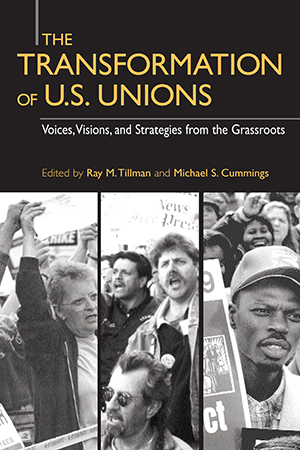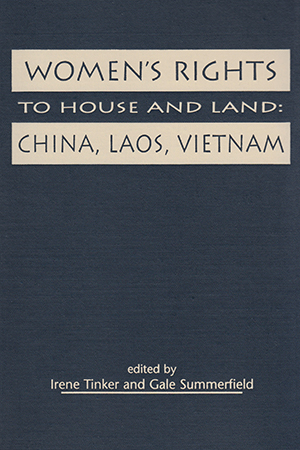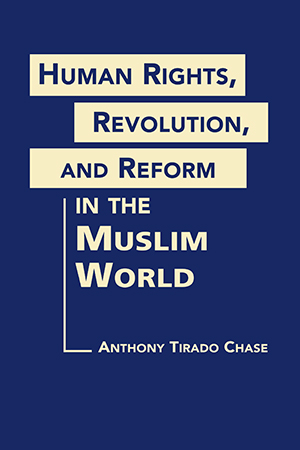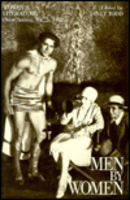BOOKS
How can crime data be analyzed in a manner that is most useful to police managers and others charged with operating crime prevention programs? This is the topic explored from many More >
This volume in the Crime Prevention Studies book series, a companion to volume 13, addresses the design and conduct of evaluations to help improve crime prevention policy and practice. More >
What's wrong with U.S. unions, and what could make it right? These are the questions addressed by eighteen partisans—union dissidents and noted scholars—of union democracy. More >
Gender disparities frequently accompany rapid socioeconomic change, as cultural traditions that protected women—even as they constrained them—collapse in the face of development More >
Do human rights inform the nature of politics in the Muslim world today? If so, how? And perhaps more fundamentally, why? Linking these questions in a provocative way, Anthony Tirado Chase More >
As a young widow with two boys to raise, Horia El-Gharib struggled to reconcile tradition and change. She dared to take on a man's role in commerce and trade to protect the future of her More >
In his 28 essays, Professor Toch adopts the perspective of humanistic psychology to discuss: reforming prisons; reforming prisoners; working with disturbed prisoners; prison violence; and More >
A lively debate on the question of the feminine voice in literature. Writers examined include Louise Bogan, Olive Schreiner, Hazel Hall, May Sarton, Edith Wharton, Lisa Alther, and Margaret More >
Fifteen important women writers, interviewed by critics and scholars well-acquainted with their work and thought, are the subjects of this fascinating volume. The interviews are revealing More >







![Lion Mountain [a novel]](/uploads/6706f1e37cc22.jpg)







